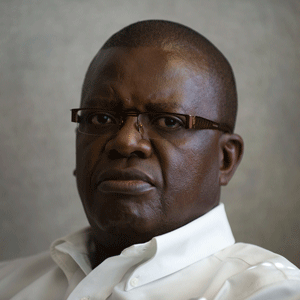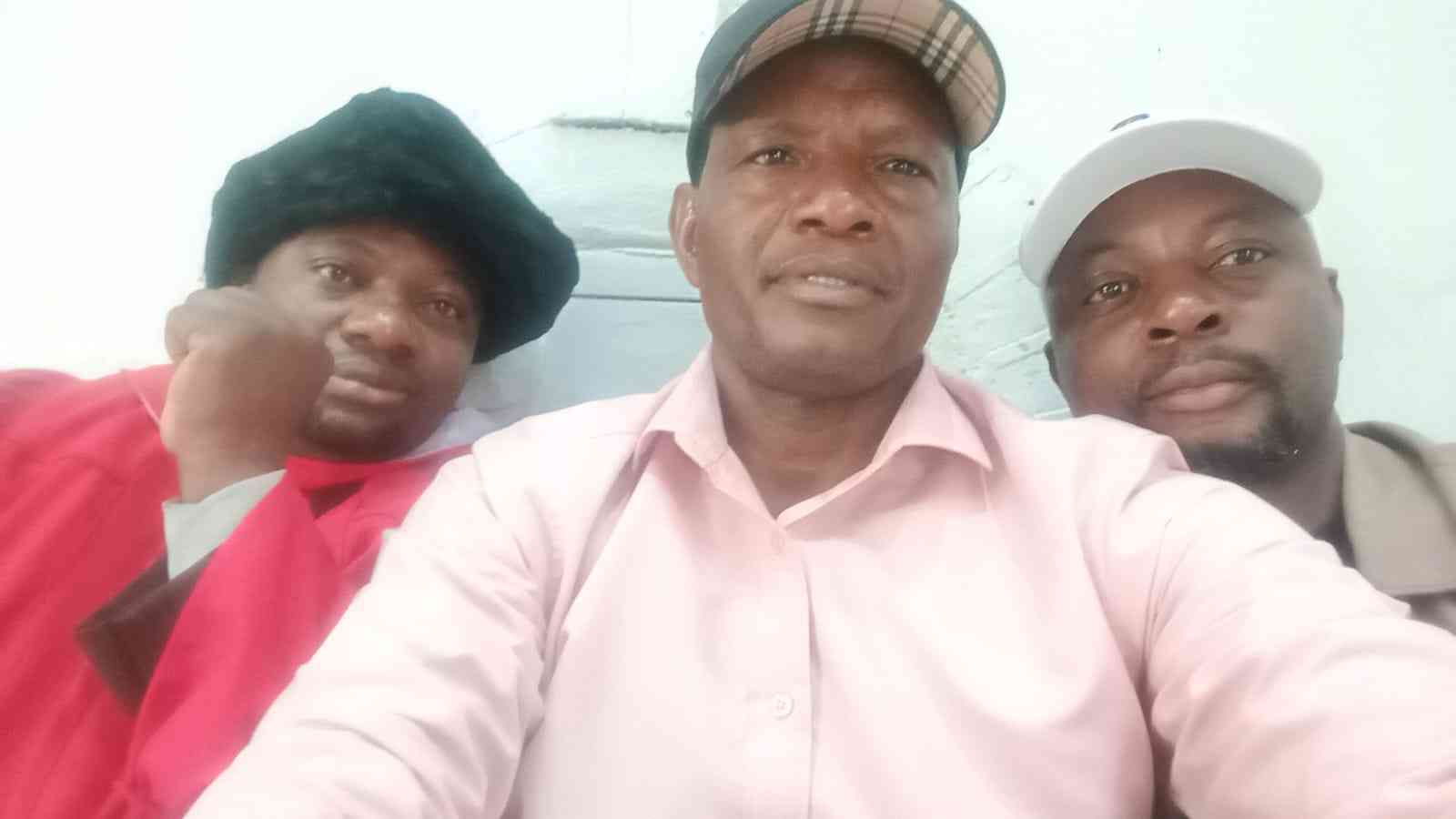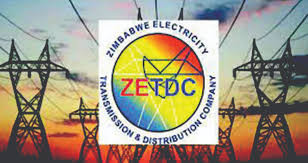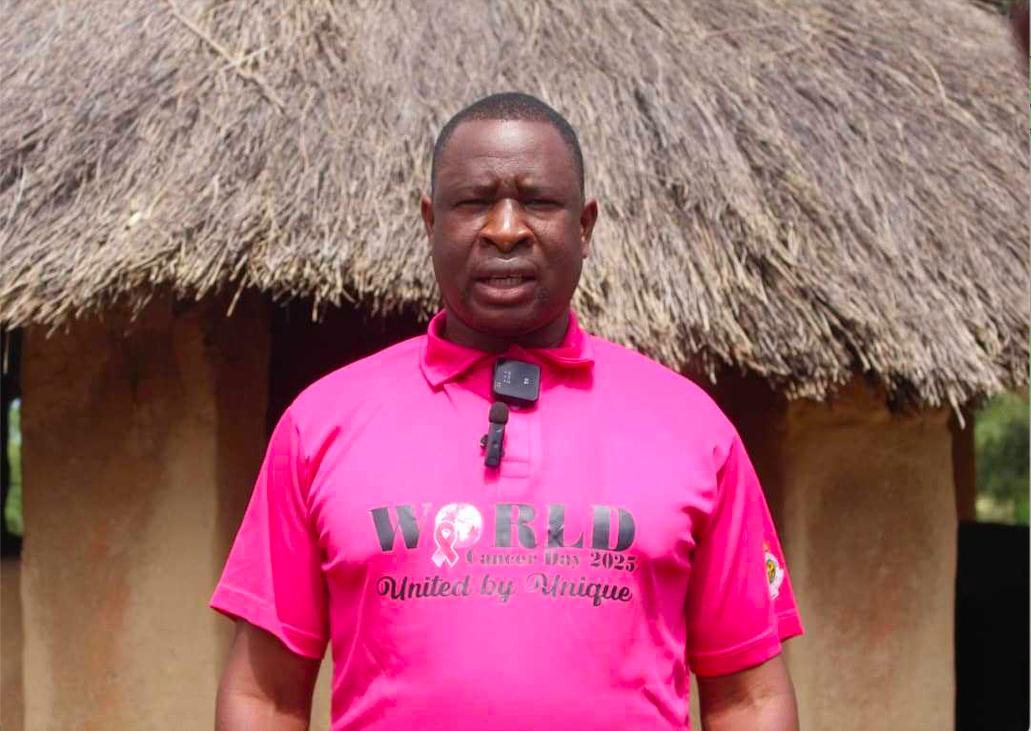
Former Harare mayor Muchadeyi Masunda says the current crop of elected councillors and parliamentarians is driven by interests other than serving the people, hence the poor service delivery.
Masunda (MM) told Alpha Media Holdings chairman Trevor Ncube (TN) on the platform In Conversation with Trevor, that most politicians were motivated by the desire to accumulate wealth when they join politics.
He spoke about his experience running Harare and the general challenges bedevilling local government in Zimbabwe. Below are excerpts from the interview. TN: Muchadeyi Masunda, welcome to “In Conversation with Trevor”. Thank you so much for creating the time to join us when you are on lockdown in your office or wherever you might be.
MM: It is only a pleasure, Trevor.
TN: Much, let us start at the beginning. You are a Bulawayo boy like me. Born in Bulawayo in 1952, speak to me about the way you were raised as briefly as possible, like the values that were inculcated in you by your parents and the things that you can remember about growing up in Bulawayo.
MM: Well, I had the privilege of being born and brought up in Bulawayo and my parents were a God-fearing couple and they were community leaders in their own right, the two of them.
And my dad in particular was arguably among the first Shona-speaking people to settle in Bulawayo in 1915.
He served the community in Bulawayo well to a point where he became a Ndebele by osmosis.
- Chamisa under fire over US$120K donation
- Mavhunga puts DeMbare into Chibuku quarterfinals
- Pension funds bet on Cabora Bassa oilfields
- Councils defy govt fire tender directive
Keep Reading
He was obviously from Manicaland.
We were brought up in a very Christian environment and we had the good fortune of having a primary school where I started my education, right across the road from where we lived and right across another road was the boys’ club that we all attended because the whole idea that was introduced by my godfather Dr Edmund Hugh Ashton, who was the director of the then housing and amenities department in the City of Bulawayo, which later changed its name to housing and community services, was to have a boys’ club, a girls’ club and women’s club in each of the townships in Bulawayo.
It was at school and, well, starting at home obviously, and at those boys’ and girls’ clubs that we had all those values inculcated in us.
But one of the big things that came out of that was the ability to mix with others and get on with others and play as much as you can in the sporting disciplines that were on offer, including dramas obviously.
But the key takeaway about that was the ability to win or lose with grace and accept that there are other people that can be better than you in any given pursuit.
So those values, I think, were deeply embedded in my life and I think that is what affected quite a lot of things that I do in my life, but the other thing that came from my parents was the desire to serve the community without necessarily being remunerated.
TN: Wow, so clearly you then became an attorney, and an international sports arbitrator.
Much, I just want to alert the audience out there that your life deserves another full show, and we are doing this show in particular because of your experience as the mayor of Harare.
I mean you have become over the past 40 years chairman of a number of companies, director of listed companies, corporates, professional, education and charitable institutions.
But I want to move straight to you becoming the appointed mayor of Harare in 2008 for five years up to 2013.
What were the surprises when you got into that office as mayor of Harare? What were the things that surprised you the most?
MM: Let me put it in context, Trevor. It did not come as a surprise that my election or appointment as mayor of Harare came about.
To a lot of people it had made more sense for me to become mayor of Bulawayo because my dad was cynically over the years referred to as the unofficial mayor of Bulawayo.
So we grew up in an atmosphere that is not different from the one that Andrew Cuomo, the current governor of New York state in the United States, must have experienced because his father served two terms as governor of New York state.
So the bottom line is this: If you have not seen it, smelt it, heard about it, touched it, tasted it, felt it, you just don’t do it.
You don’t relate to any of the things that need to be done in a lofty office like being mayor of the capital city of Zimbabwe.
One of the first things that struck me was how the systems had become almost moribund.
They had become dysfunctional because a lot of the people that happened to occupy that hot office or that hot seat did not do their bit because these leadership issues, Trevor, it’s like a relay race.
You go in and you do your race and you improve upon whatever that you have found and when your time is up, you hand over the baton stick to someone else.
But sadly the system there had been compromised almost irredeemably, largely due to the patronage system that had been introduced and had taken a deep, deep root.
We got to a point where a lot of the people that were aspiring for office at Town House either as councillors or as mayor appeared to be driven by a whole host of other considerations that did not appear to have the remotest interest to serve the people that needed to be served, especially the vulnerable members of the community.
When you are talking about Harare, Trevor, you are talking about a modern metropolis, which serves the interests of not only the people that live within Harare, but in the immediate vicinity of Harare.
Call it Greater Harare and you are looking at close to 4,5 million people and those people want to be served, they want potable water, they want to drive, those that can afford cars on pothole-filled roads.
And maybe a good starting point, Trevor, is for us to take heed of the sage words that were uttered by the first prime minister of Singapore, Lee Kuan Yew, who was popularly known as LKY.
He said this you know: “If you want a country to succeed, you must have a system that enables the best man and most suitable person to go into the job that needs to be done.”
Sadly that has not been the case in our country, not only at local government level, but at central government level as well.
TN: I will stop you there, Much, and ask you why that has not been the case, point number 1.
Point number 2, you said they are driven by interests other than serving the people. Why have we not gotten the best men and women to get into council and into Parliament and what is it that drives them to get into politics?
MM: Well, it would appear that the main force that drives them is primitive accumulation of wealth, of assets because the thing that seems to be up in the minds of most people in councils is how many stands they are going to get out of their respective stints in what is supposed to be a service to the city.
Let me move on to something that applies to just about every modern metropolis, be it New York City, London or whatever.
The committee system operates in the same way as anywhere else in the world and in the case of Harare we had eight committees, the inevitable finance and development committee, the business committee, the procurement committee and the environmental committee, the human resources and general purpose committee, the media, information and publicity committee as well as the health, education, housing, community services and licencing committee.
Now among the 46 democratically elected councillors, 45 were MDC and one Zanu PF member that represented Harare South, which is Hopley.
Now when you look at the committees that I referred to, let’s take the first four, finance and development committee, audit committee, business committee and procurement committee.
Now among the 46 democratically elected councillors, we did not have a single councillor who had an accounting qualification.
So how can we possibly have any councillor serving meaningfully on any of those committees when you are talking essentially of what is arguably the second largest business enterprise in the whole country, second to government?
The revenue and expenditure budget for the City of Harare was in excess of US$500 million.
The bulk of these democratically elected councillors, 46 of them, I am not being unkind when I say, well under 10 out of the 46 were gainfully employed by the time they became councillors and on top of that there was a time when we had 11 councillors who were chosen by the minister responsible for Local Government and it happened to be Ignatius Chombo, and I had one hell of a task when we started, you know.
I spent the best part of the two weeks interviewing the 46 democratically elected councillors plus the 11 special interest councillors, individually, one on one, trying to find out their respective strengths with a view to making sure that they get slotted onto the appropriate committee out of the eight committees that I referred to earlier.
It was one of the most harrowing experiences that I ever had.
TN: So the long and short there, Much, is that the electorate, the voters, you and I did not give you councillors that were competent for the purpose to serve the people of Harare.
Is that what you are essentially saying?
So you and I are to blame at the end of the day and the political parties that choose these people to represent us as Harare ratepayers. Is that correct?
MM: I think that is a fair summary, Trevor, but a lot of this revolves around the politics of patronage and also the toxic and polarised nature of politics in our country.
So we have had a situation for the best part of the years where people get chosen to stand for either party, whether it is Zanu PF or MDC, largely on their capacity to shout slogans.
So, this is serious business and we should not be making a joke out of this, but this is how it is.
TN: Because unfortunately slogans are not going to run a finance and development committee, you need more than sloganeering to be able to run a finance committee.
MM: Absolutely. And what made the situation even worse is the fact that the model for all the cities and towns in Zimbabwe in the case of Harare going back to 1890 when Fort Salisbury was established, the model simply said this, that the cities and towns are going to generate their own revenue without any contribution from the fiscus purse.
So what it really means in a nutshell is that the City of Harare has to generate its own revenue to meet the budgeted expenditure that I mentioned earlier on of well over US$500 million.
The city does have assets which, if properly leveraged and made to sweat, that amount can be raised easily.
It may come as a bit of a shock to you, Trevor, and the listeners to hear that at any given moment the City of Harare has got between 5 000 and 7 000 head of cattle.
When I just look at that, I asked my old friend, Trevor, who was the president of the Commercial Farmers’ Union to send me some of his best cattle experts because I am absolutely ignorant about cattle.
Those guys did a desktop survey, that indicated that those cattle, which are kept at the three farms that belong to the city near the sewage plants, Ingwe Farm, Pension Farm and Crowborough Farm, now if those farms are properly managed, the number of cattle could be increased quite easily to between 11 000 and 30 000.
l “In Conversation With Trevor” is a weekly show broadcast on YouTube.com//InConversationWithTrevor. Please get your free YouTube subscription to this channel. The conversations are sponsored by Titan Law.









